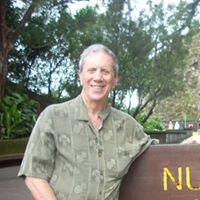Which author is believed to have said, "If you tell the truth, you don't have to remember anything!"?
The well-known author who is believed to have said, "If you tell the truth, you don't have to remember anything!" was Mark Twain. It is said that another way to view the quote is that if you tell a lie you have to remember what the lie is that you told. You also have to know who you told the lie to.
To understand what truth is, we are told by clinical psychologists, scholars, and others that truth is a term used to indicate various forms of accord with fact or reality. It is concerned with fidelity to an original concept or to a standard or ideal. The opposite of truth is falsehood. Twain presented simple criteria on truth (or tests for truth). It is a standard or rule to use to judge the accuracy of statements and claims. It is a tool of verification. The rule itself is one of logic and doesn't have the ability to distinguish truth by itself. An individual on his or her own must actually determine what standard to use to distinguish truth from falsehood.
Mark Twain (Samuel Langhorne Clemens, November 1835 – April 1910) lived with his family in Hartford, Connecticut, from 1874 to 1891. In his home in Hartford, he wrote his most important works, including "Adventures of Huckleberry Finn" (1884), "The Adventures of Tom Sawyer" (1876), and "A Connecticut Yankee in King Arthur’s Court" (1889). He is best remembered for these works and for being a very clever American humorist, novelist, and travel writer.
More Info:
factmyth.com






